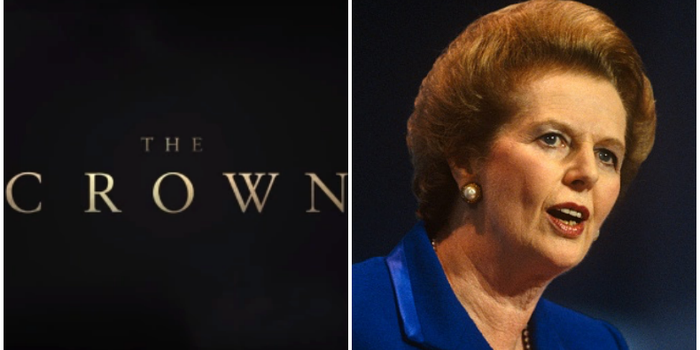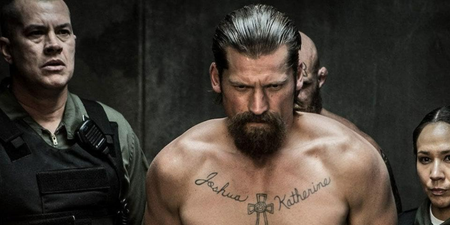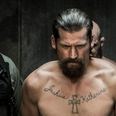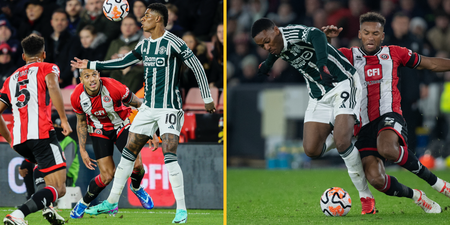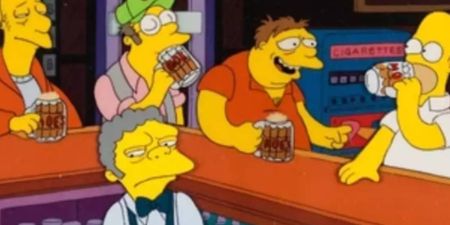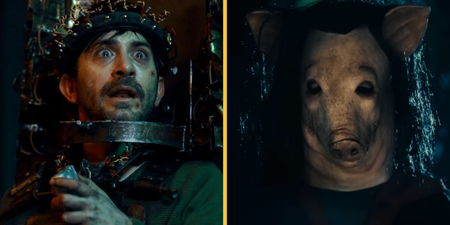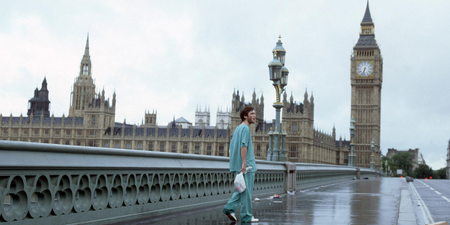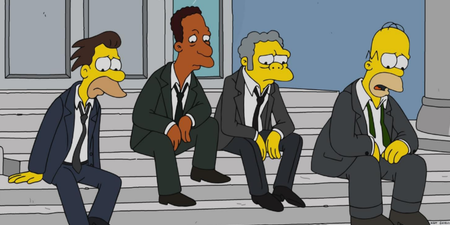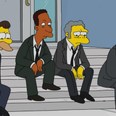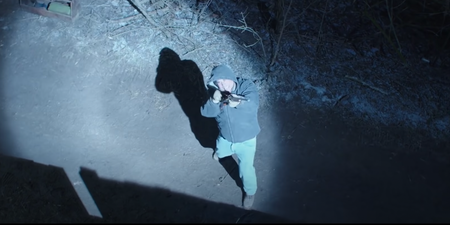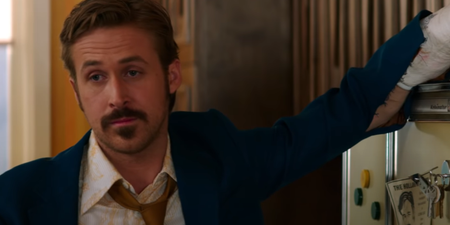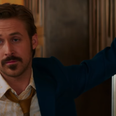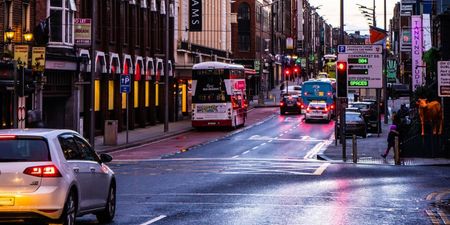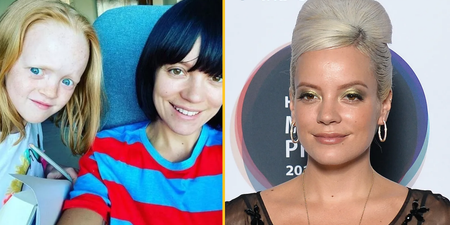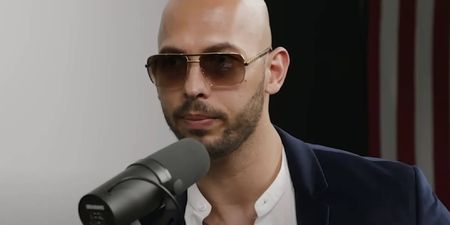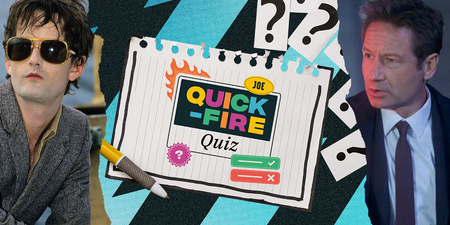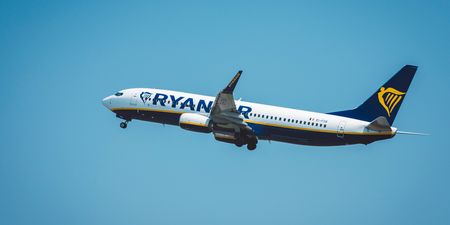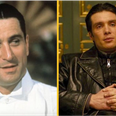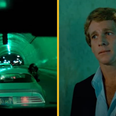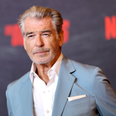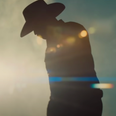Wonder if they’ll cover her legacy in Ireland?
When it comes to casting, the producers of The Crown seem like they’ve struck gold by getting Olivia Colman to replace Claire Foy as the older version of Queen Elizabeth II but as the show moves into a more ‘contemporary’ era, even more notable figures from recent years will feature.
To be honest, Colman does have some big shoes to fill because Foy won an Emmy for her role in the Netflix drama, but if you’ve seen The Favourite, you’ll know just how talented the former Peep Show and Hot Fuzz star is.
While Foy brought a certain balance between tough and fragile to her role, we fully expect Gillian Anderson’s take on Margaret Thatcher to be as fiery and combative as ‘The Iron Lady’ was in real life.
Deadline have reported that Anderson is being lined up to play the divisive Tory leader and it seems like a perfect fit.
In strictly acting terms, the former X-Files star appears to be the ideal choice to play Thatcher.
Anderson’s British accent is flawless and if you’ve seen her work in The Fall, The Last King of Scotland, and even The Spy Who Dumped Me, you’ll know that she can play characters that are tough, independent, and ice cold.
Three traits that you would definitely associate with Thatcher’s leadership.
As for the rest of The Crown’s cast, Tobias Menzies (Game of Thrones) replaces Matt Smith as Prince Philip. Elsewhere, Ben Daniels will play Antony Armstrong-Jones, starring alongside Helena Bonham Carter’s Princess Margaret.
As for the plot, the next two seasons will span the years 1964-76 and it will cover events such as the rise of The Beatles, England winning the World Cup, the decolonisation of Africa and the Caribbean, and Prince Charles’ movement into the public eye with Diana.
However, it’s reported that Thatcher won’t feature until Season 4.
In terms of her political career, Thatcher was the longest-serving British prime minister of the 20th century and was extremely divisive. In strictly economic terms, she favoured deregulation, flexible labour markets, the privatisation of state-owned companies, and reducing the power and influence of trade unions. Policies that made her deeply unpopular with large sections of British workers.
With regards to Ireland, her handling of the hunger strikes was widely criticised as she refused to grant them the status of political prisoners. Ultimately, the 1981 hunger strike was called off after ten prisoners had starved themselves to death—including Bobby Sands.
She stated that: “We are not prepared to consider special category status for certain groups of people serving sentences for crime. Crime is crime is crime, it is not political.”
Three years later, the IRA bombed a hotel in Brighton that Thatcher was staying in ahead of a Tory conference. She survived that attack but five people died.
However, she also co-signed the Anglo-Irish Agreement, which marked the first time a British government had given the Republic of Ireland an advisory role in the governance of Northern Ireland.
LISTEN: You Must Be Jokin’ with Aideen McQueen – Faith healers, Coolock craic and Gigging as Gaeilge
